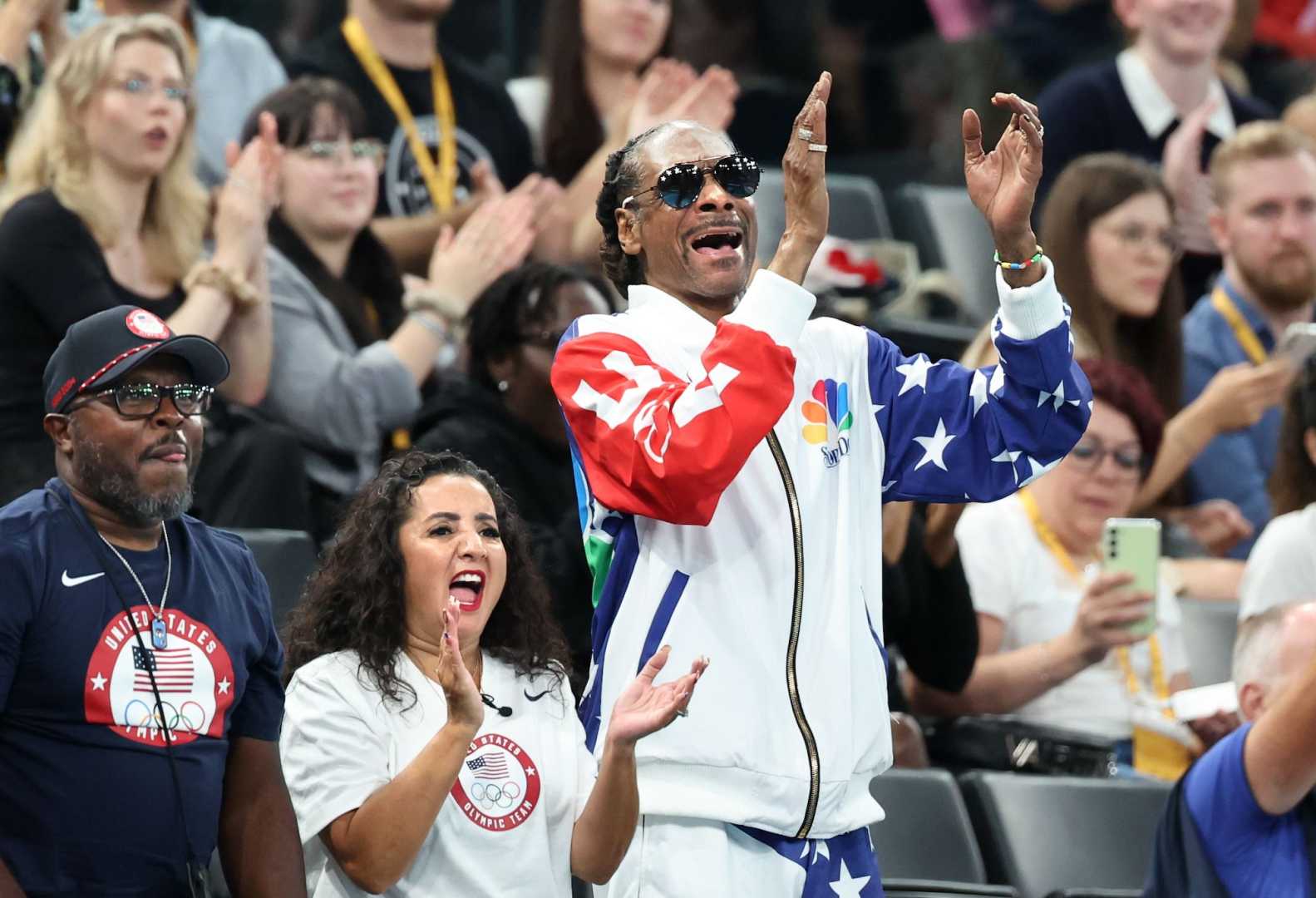Entertainment
Snoop Dogg’s Cultural Evolution: From Rapper to National Icon

A few weeks ago, the popular reality TV show, “The Voice,” returned for its 26th season on NBC. Joining the panel of coaches this time is Snoop Dogg, the iconic rapper who has become a beloved figure in American entertainment. Snoop joins Michael Bublé, Gwen Stefani, and Reba McEntire. The rapper previously appeared on “The Voice” as a “Mega Mentor” in Season 20 and co-hosted NBC’s “American Song Contest” with Kelly Clarkson.
Snoop’s presence on “The Voice” has sparked interest because, despite a successful career in music, he is an unlikely choice for mentoring singers. However, his dynamic personality and infectious energy resonate with both contestants and fellow judges. An audition by a young contestant from Queens, named ChrisDeo, showcased Snoop’s appeal. Despite her inclination towards pop music, she chose to join Team Snoop over Michael Bublé.
Snoop Dogg, born Calvin Cordozar Broadus Jr., has long been known for his unique style and lovable persona. However, his ventures into television and other mainstream media have elevated him to the status of a national mascot. Earlier this year, Snoop served as a special correspondent for NBC’s Olympic coverage in Paris, providing a mixture of entertainment and commentary, making him a standout personality.
This transformation in Snoop Dogg’s public image has been ongoing for decades. Once associated with the hard-hitting world of “gangsta” rap, Snoop’s career took a turn post-acquittal in a 1996 murder trial. He gradually distanced himself from those tough roots, transitioning to more accessible hits like “Drop It Like It’s Hot” and collaborations with stars such as Pharrell and Martha Stewart.
Snoop’s ability to adapt and remain relevant is particularly noteworthy considering the challenges faced by the hip-hop genre over the years. At a point when hip-hop marked its 50th anniversary amidst mixed sentiments, Snoop’s journey from the controversial rapper to a beloved figure illustrates a successful crossover into mainstream culture. While his humor and entrepreneurial spirit have kept him in the spotlight, his transformation also reflects broader trends in the commercialization of hip-hop.












